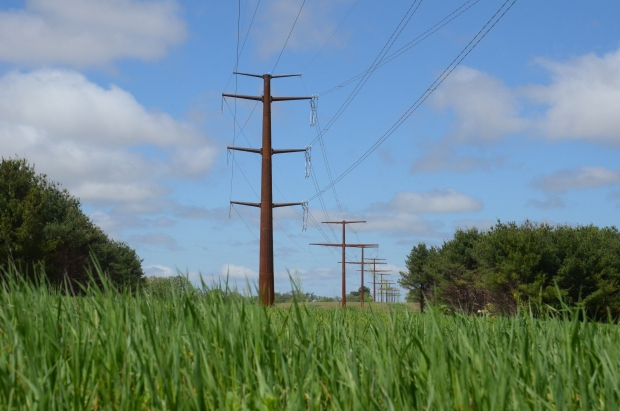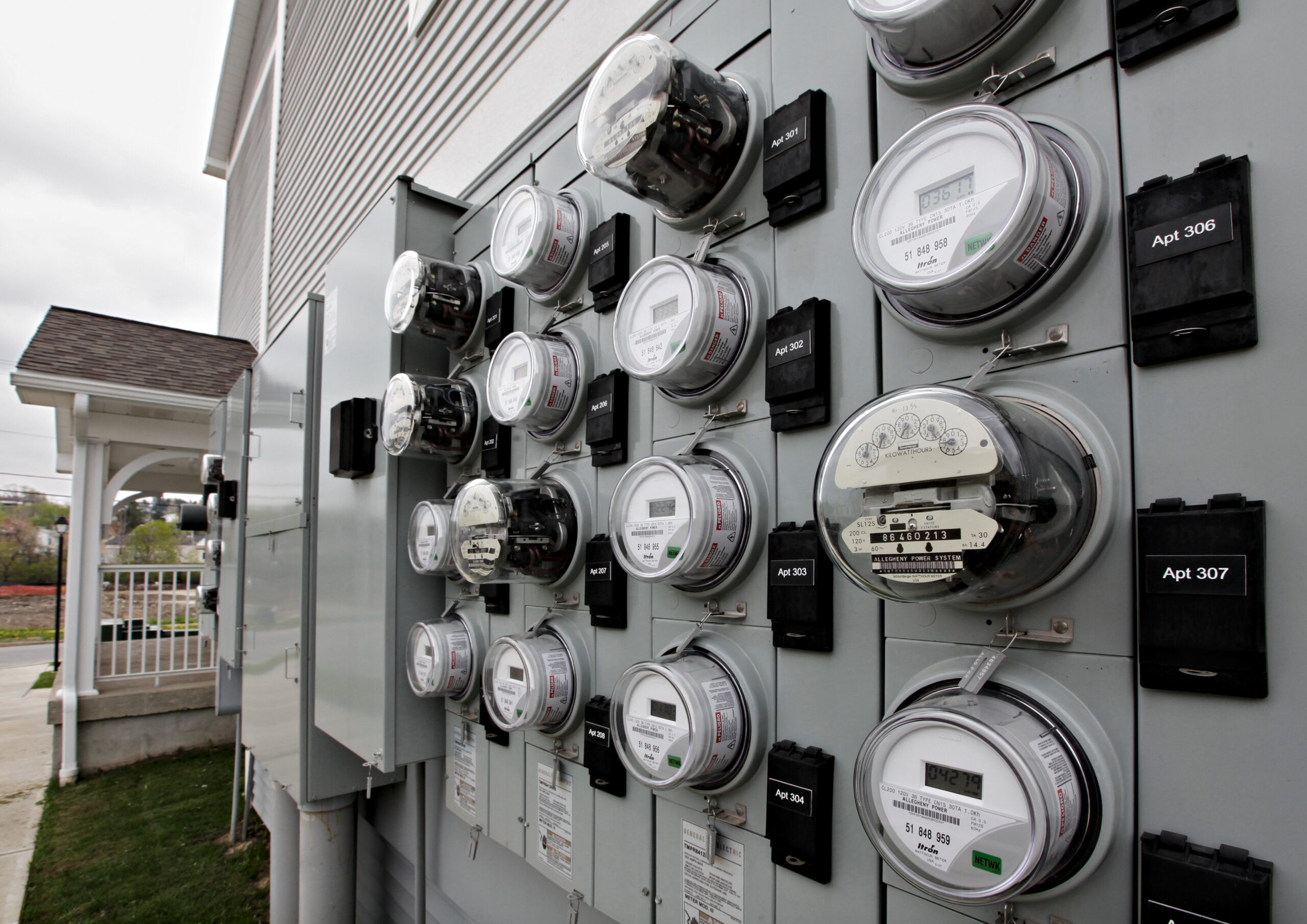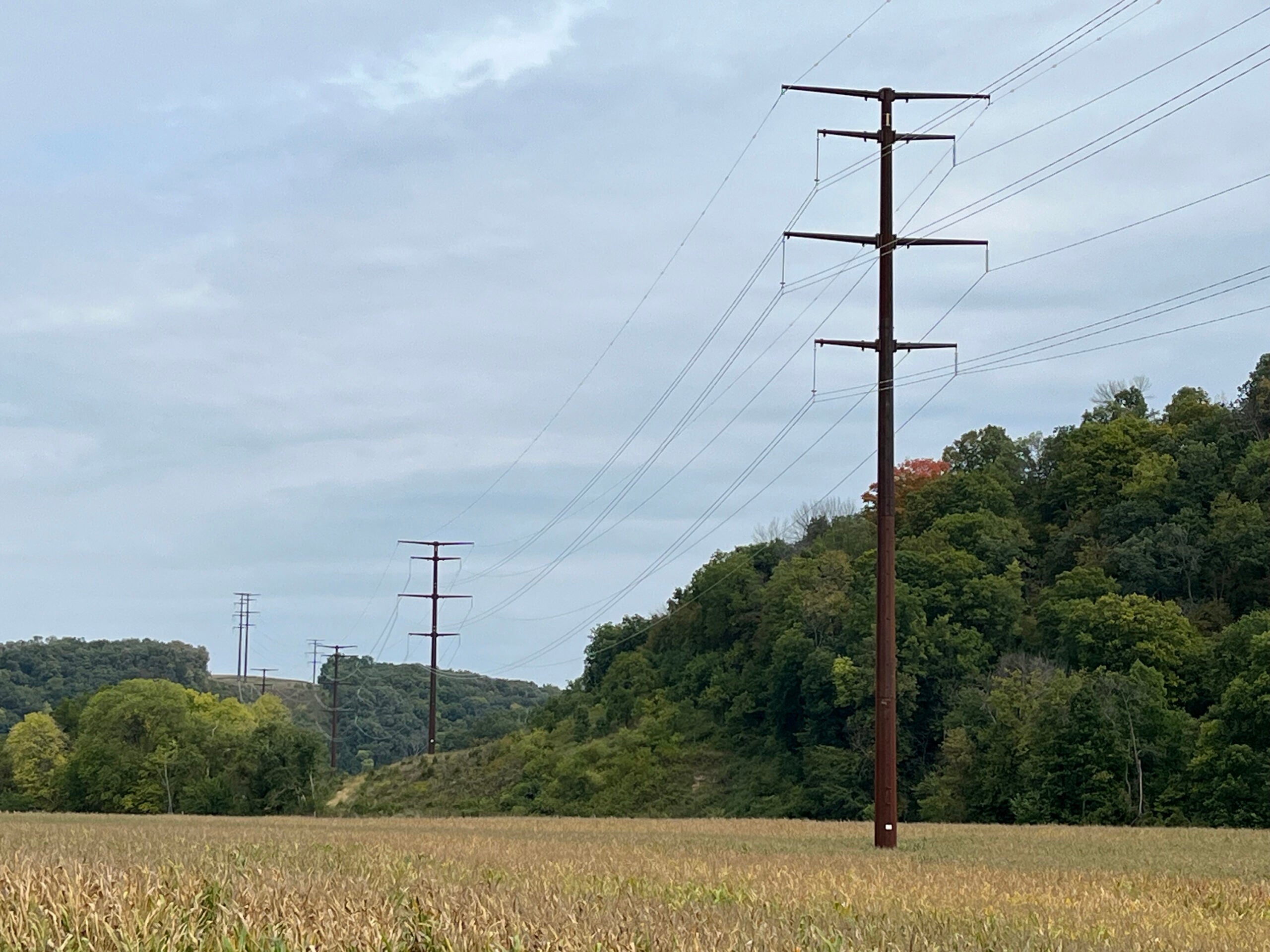Lawmakers in both chambers of the state Legislature held hearings this week on a bill that essentially limits competition between companies building new power lines.
The bill was introduced in the state Senate last week by Sen. Julian Bradley, R-Franklin; Sen. Howard Marklein, R-Spring Green; and Sen. Van Wanggaard, R-Racine. The bill would give owners of transmission lines the right of first refusal to build new lines connecting to their existing infrastructure, which could prevent out-of-state competition.
It comes after the Midcontinent Independent System Operator last year approved $10.3 billion in new transmission projects across the Midwest to help th the transition to renewable energy.
Stay informed on the latest news
Sign up for WPR’s email newsletter.
Supporters of the bill say it boosts grid reliability and protects the role of the Public Service Commission of Wisconsin in deciding who owns and operates transmission infrastructure rather than giving control to out-of-state regulators. But critics say it would lead to higher prices for customers by eliminating competition.
American Transmission Co., or ATC, which owns and operates much of Wisconsin’s transmission line system, is supporting the bill. Xcel Energy and other state electric utilities are also supporting the bill, while cooperatives are opposed unless it’s amended to allow all incumbent transmission owners to participate.
The groups opposing the bill include environmental group Clean Wisconsin, as well as the conservative lobbying organization Americans for Prosperity. Consumer advocacy groups, like the Citizens Utility Board of Wisconsin and AARP are also against the bill.
A previous version of the bill was introduced in 2022, but never reached the governor’s desk. ATC supported that version after opposing similar legislation in Minnesota, the Milwaukee Journal Sentinel reported last year. Last time around, then-Public Service Commissioner Ellen Nowak testified in favor of the legislation. Nowak has since left the commission and been hired by ATC.
At a public hearing Monday, Bradley said the goal of the bill is to retain state-level control of transmission projects to ensure constituents have access to safe, reliable and affordable electricity. He said companies with existing transmission infrastructure in the state can bear a greater share of the expenses paid by ratepayers than out-of-state companies.
“Without a right-of-first-refusal, this advantage disappears for Wisconsin ratepayers,” he said. “This, in combination with the significantly lower cost of ATC or Xcel operating and maintaining these lines long-term, makes Wisconsin’s adoption of this bill a win for our ratepayers.”
In his testimony, Mike Hofbauer, executive vice president and chief financial officer of ATC, said the bill doesn’t eliminate competition from transmission line construction because the company uses a competitive bidding process for construction contractors, equipment purchases and construction materials.
“The bill codifies this process under the oversight of the Public Service Commission,” he said.
However, former state Rep. David Bowen, now the associate state advocacy director for AARP Wisconsin, said his organization worries the legislation would lead to higher electricity rates for its more than 100,000 members across the state.
“Since ATC is not independent, it has no incentive to keep costs down,” he said. “More importantly, estimates show that such projects could cost at least 20 percent less with competitive bidding.”
Tom Content, executive director of the nonprofit Citizens Utility Board of Wisconsin, said the bill protects monopoly utilities and undercuts affordability for customers because competitive bidding on transmission projects provides significant cost savings.
“Consumer advocates and customer groups across the country have mobilized in the name of cost savings to support competitive bidding for projects as part of the multibillion dollar expansion here in the Midwest and across the country,” he said.
Megan Novak, state director for Americans for Prosperity Wisconsin, said Wisconsin already has some of the most expensive electric rates in the Midwest, and said the transmission bill would lead to further increases.
“By eliminating competition for building new large regional transmission lines in Wisconsin, and only allowing current incumbent companies to build these projects, we are seeding the competitive forces of the free market that can lower costs and protect consumers,” she said. “Competition is critical in all sectors of our economy, regardless of how regulated that sector is.”
If the bill is approved by the Legislature and signed into law by the governor, it could face potential legal challenges. Earlier this year, the Iowa Supreme Court voted to temporarily block that state’s right-of-first-refusal law, saying it limits competition for electric transmission projects, according to Reuters.
Editor’s note: The Citizen’s Utility Board of Wisconsin and American Transmission Co. are sponsors of Wisconsin Public Radio.
Wisconsin Public Radio, © Copyright 2025, Board of Regents of the University of Wisconsin System and Wisconsin Educational Communications Board.



